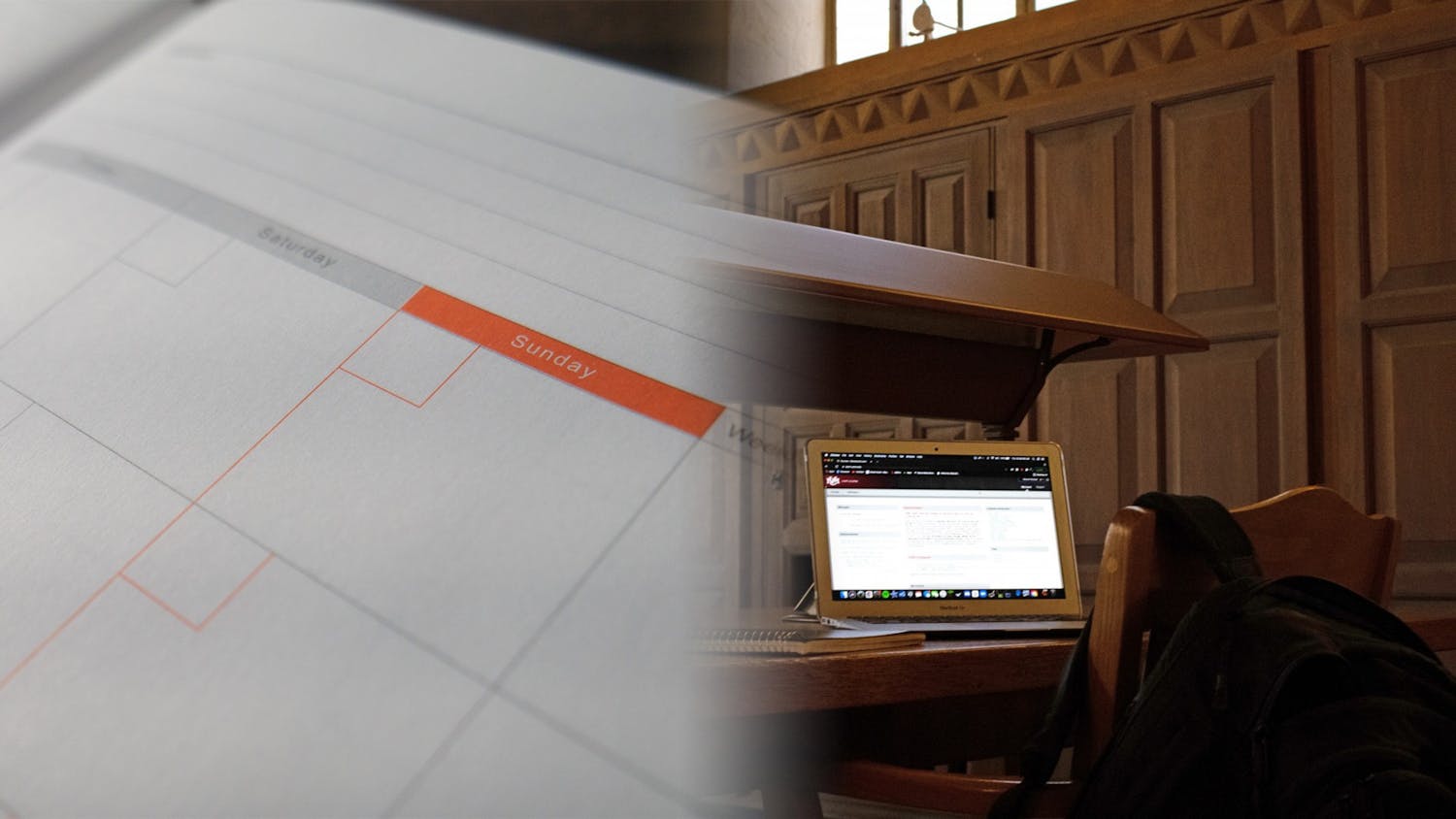Despite the fact that graduate students are in competition with each other, and despite the fact that funding sources at the public level are disappearing, in some departments a curious phenomenon occurs: We manage to be courteous, kind and helpful to one another.
In my current department, we have to take a one-credit seminar where we meet and talk to one another about our interests. We’re strongly encouraged (grad school code for ‘if you don’t, you’ll regret it’) to attend this seminar in our first semester. The first day, first topic was collegiality.
Collegiality is a catch-all term for the atmosphere in a department or working space. The miracle, in my experience of graduate school, is that we have many reasons to compete, yet we manage to have empathy with one another after all and manage to help each other and maintain courtesy.
Setting aside, for a moment, the point that those intragroup alignments tend to occur along shared interests and along groups that have similar demographics in many departments, the fact that it occurs at all is something of a minor miracle. It is not a matter of divine intervention (though it sometimes feels that way, when I compare my experiences in different departments), but a matter of deliberate choices made by the professors, and to a lesser degree the graduate students, in a department.
Having been in departments with collegiality and those without, I have discovered that collegiality is essentially an investment in the ability of the department to get anything done. People who aren’t talking to one another have trouble getting paperwork filed, getting committees assembled and doing the everyday work of teaching, research and administration.
All of these things rely on cooperation, and a lack of cooperation manifests itself pretty plainly in breakdowns of work.
Academic departments can be a pressure cooker: exams designed to fail you (in some graduate math and science courses, the highest grade on an exam will be a 65), homework assignments designed not to be finished, very few feedback mechanisms to tell you if you’re passing, extraordinary work load and fierce competition for the attention of professors and funding.
It is not uncommon for students of the sciences to spend their first years sure that they will fail out and that they are too stupid to be in graduate school. Graduate students were the “A” students in undergraduate classes, and a failing grade comes as a real shock to them, as does the idea that they are presented with scenarios in which it is impossible to pass.
Their capabilities are being stress-tested: What kind of person are you under pressure? What do you prioritize?
With all this pressure, it would not be hard to disintegrate into bickering, gossip and back-stabbing, looking for any competitive advantage in a playing field you cannot even see. Despite this, some departments still choose to foster a culture of cooperation.
Because collegiality is something of a group effort, all it takes is one or two assholes to ruin the atmosphere in pockets or to ruin the whole thing: A professor who assumes that he or she can load graduate students or junior colleagues with more work than they are paid for, demanding that they surrender holidays, sleep or breaks to complete a workload that doesn’t belong to them; a graduate student who expects that being snide and abusive should be something other students should just put up with.
However, there is something resilient about certain kinds of cooperation. That culture appears to start with a decision to teach the culture as an action required of students.
Get content from The Daily Lobo delivered to your inbox
The decision to keep going goes back to the idea that your project is more important than you — a scholar, in the older sense, is someone who serves the cause of knowledge. Sometimes, this means more public service, like volunteering to teach a course for the general public, or volunteering to tutor. Sometimes, to serve the cause of knowledge means to work together toward a solution or a new idea.
It has been my experience that there are situations where, for various reasons, you can’t work with someone. There are times when the other person has made it clear that they will not allow you to help or to work with them, and will not allow you to be a part of the work that they do. Many times, that goes back to alignments along shared interests or demographics — a group of people to whom you cannot belong because of something you don’t have.
In those cases, it is all the more important that collegiality be a discussion and a conscious decision, even though it sometimes is not. Collegiality is not a demand to make an artificial peace, or to make people talk who cannot. Collegiality should not be a strain only on the offended party, though the effort to maintain collegiality is itself a strain.
It comes down to basic politeness. But that burden is on not just the offended, who are so often assumed to be sensitive or trouble-making, but on everyone. Collegiality is a group project.





